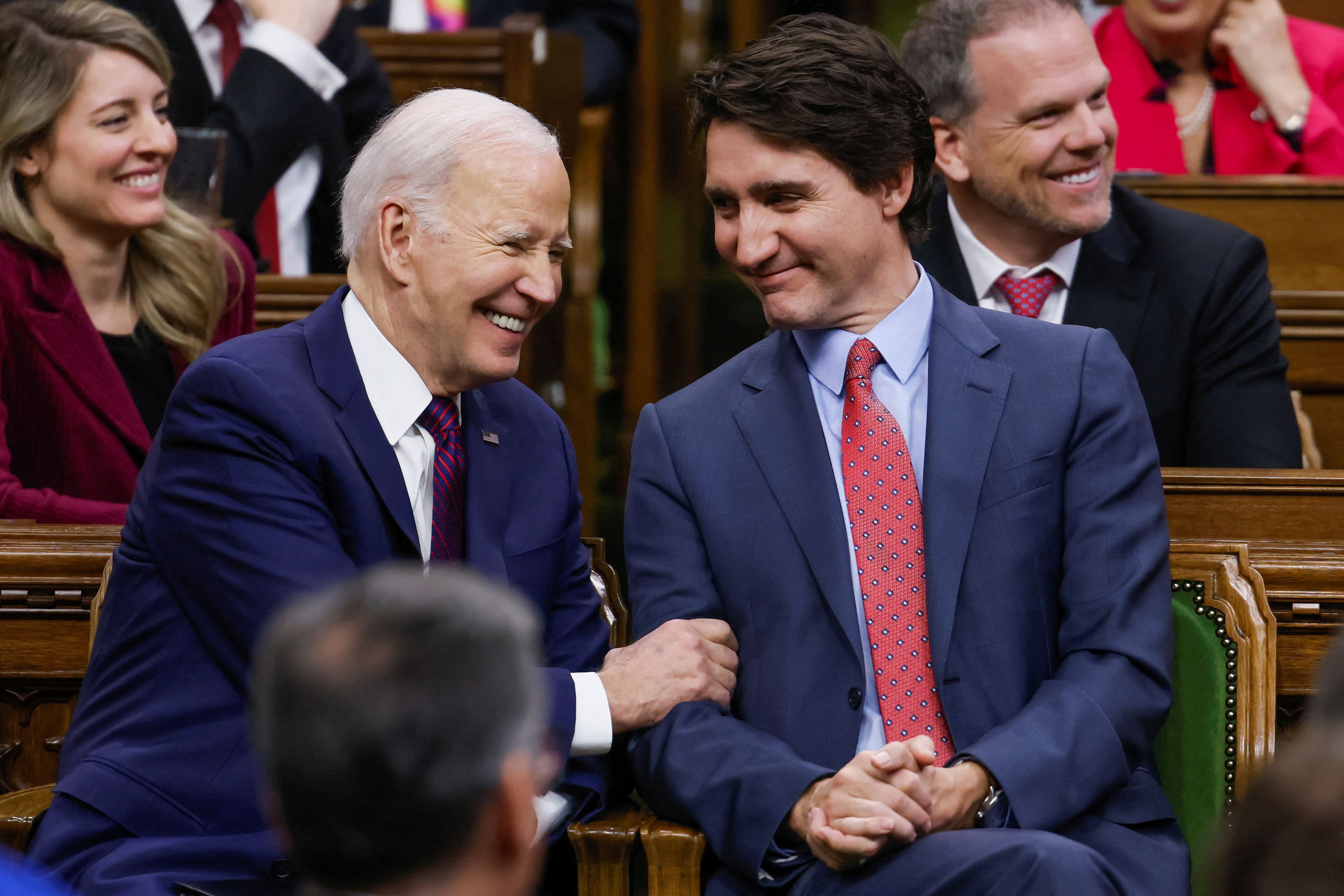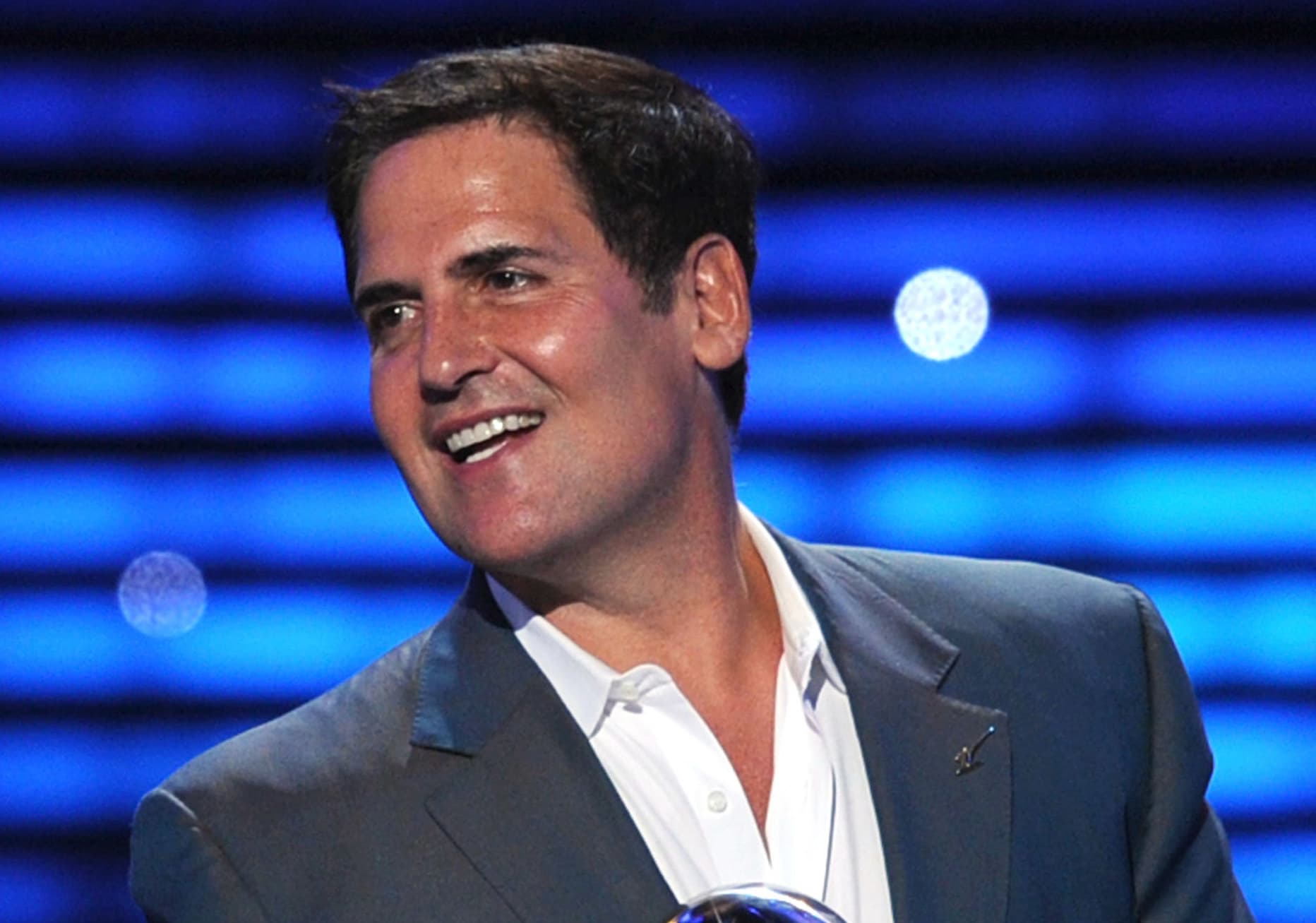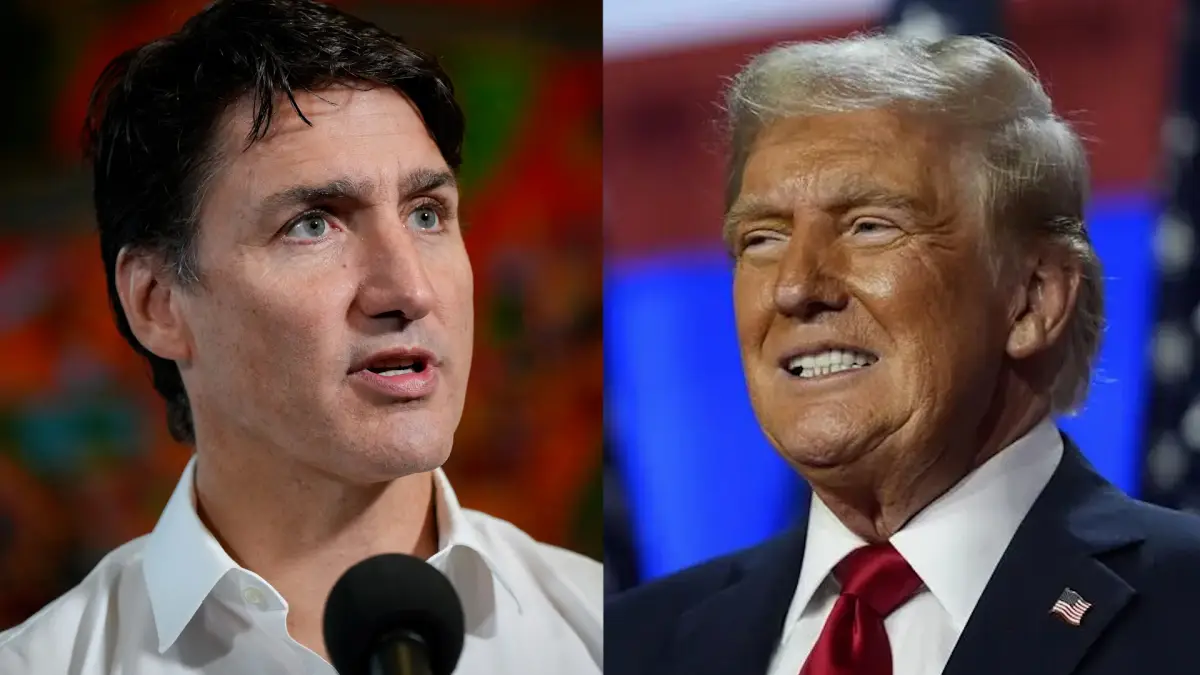The Politics of Healthcare Reform in Canada and the USA
.jpg)
Healthcare reform has been one of the most contentious political issues in both Canada and the United States, though each country approaches it in drastically different ways. The ongoing debate reflects differing political ideologies, economic priorities, and cultural values surrounding the accessibility and funding of healthcare services.
In Canada, the healthcare system is publicly funded, meaning that healthcare is largely free at the point of service for residents, funded primarily through taxes. This model, known as Medicare, is a point of national pride, yet it faces increasing pressures. The aging population, rising medical costs, and demand for advanced treatments continue to challenge the sustainability of the system. Politicians across the spectrum debate how to address these challenges, with some advocating for increased funding, while others suggest more private sector involvement to reduce wait times and improve efficiency.
The Canadian Conservative Party has traditionally called for a more market-driven approach to healthcare, proposing reforms that would allow for more private insurance options and competition within the system. In contrast, the Liberal Party tends to champion the status quo, focusing on protecting public healthcare and increasing funding to ensure that it remains accessible to all Canadians, regardless of income. The political discourse on healthcare often revolves around the balance between preserving universal coverage and responding to the system's growing financial challenges.
In the United States, healthcare reform is a fiercely debated topic, particularly following the implementation of the Affordable Care Act (ACA) under President Barack Obama. The U.S. healthcare system is a mix of private insurance and public programs like Medicare and Medicaid, but millions of Americans still lack access to affordable healthcare. Political divisions have led to repeated attempts to repeal or replace the ACA, with conservative figures advocating for reduced government intervention and a greater reliance on private insurers. On the other side, progressive politicians, including figures like Senator Bernie Sanders, have pushed for a single-payer system, akin to Canada's Medicare, arguing that it would provide more equitable access to care and lower overall costs.
The American healthcare debate often reflects broader ideological divides, with Republicans generally opposing government-run healthcare programs, emphasizing personal responsibility, and preferring a market-driven model. Meanwhile, Democrats advocate for expanding access to care, reducing premiums, and strengthening protections for those with pre-existing conditions. As election cycles approach, healthcare remains a central issue in political campaigns, with both parties using it to rally their bases, though finding a consensus on reform remains elusive.
While the systems in both countries have major flaws and political challenges, Canada's public healthcare model is often held up as an example for U.S. politicians advocating for universal coverage. However, the Canadian system’s challenges, such as wait times and funding issues, highlight the complexities of healthcare reform in both nations. As both countries navigate the future of healthcare, the politics of reform will continue to evolve, shaped by the changing needs of populations, the growing influence of healthcare industries, and the political will to make difficult decisions.
In conclusion, healthcare reform in Canada and the USA remains a highly politicized issue. While both countries face unique challenges in ensuring universal access to care, the paths forward will be shaped by the political ideologies and leadership in each nation. The outcome of these debates will have significant implications for the health and well-being of their populations.






.jpg)
.jpg)
 (1).jpg)
 (1).jpg)
